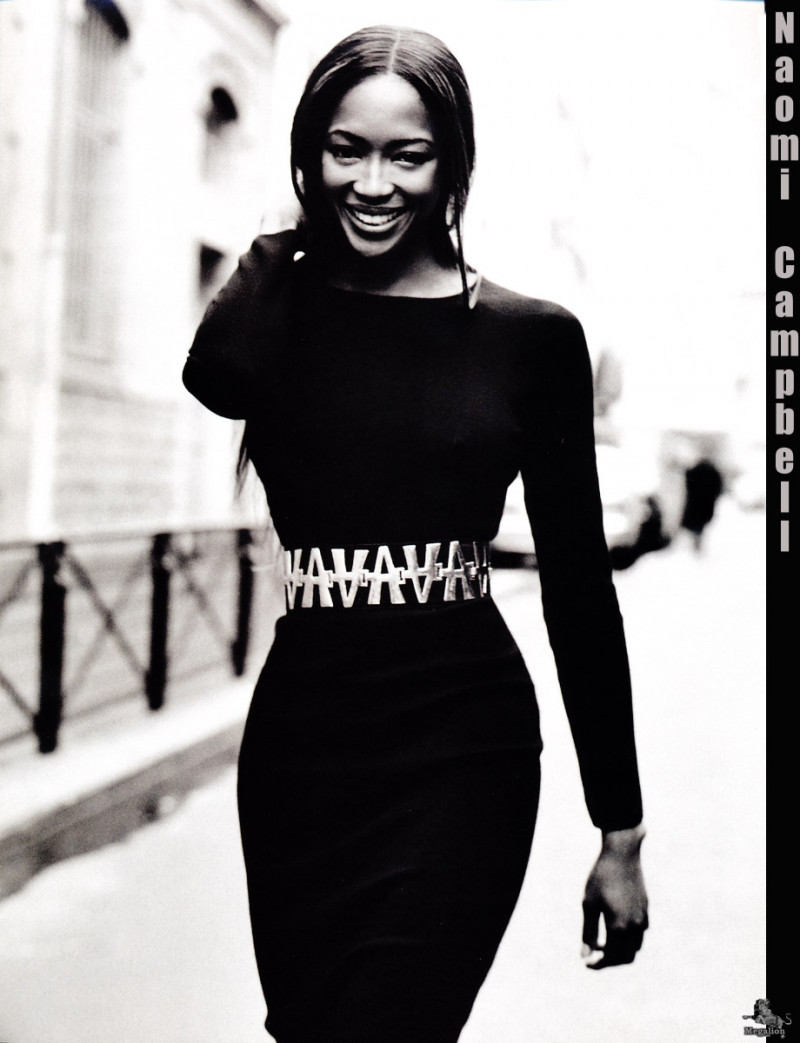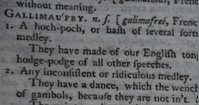 Following the controversy in the United Kingdom on the Court’s judgments on voting rights for prisoners, the BBC programme ‘The Record Europe’ has dedicated an episode to the European Court of Human Rights. It explains the controversy and the role and functioning of the Court. You can watch it on youtube (in two parts) here and here. This is the programme’s own announcement
Following the controversy in the United Kingdom on the Court’s judgments on voting rights for prisoners, the BBC programme ‘The Record Europe’ has dedicated an episode to the European Court of Human Rights. It explains the controversy and the role and functioning of the Court. You can watch it on youtube (in two parts) here and here. This is the programme’s own announcementIs Dublin becoming the defamation capital of the world, the libel-tourism destination of choice?
 The Guinness Storehouse claims to be Ireland’s most popular tourist attraction. As the city is out of the running to become European Capital of Culture, 2020 (a title it last held in 1991), and as the Web Summit is moving to Lisbon from next year, tourist attractions like the Storehouse are probably glad to know that Dublin seems to be taking London’s mantle as Capital of Defamation, as the destination of choice for libel tourists seeking a congenial jurisdiction in which to bring a defamation action.
The Guinness Storehouse claims to be Ireland’s most popular tourist attraction. As the city is out of the running to become European Capital of Culture, 2020 (a title it last held in 1991), and as the Web Summit is moving to Lisbon from next year, tourist attractions like the Storehouse are probably glad to know that Dublin seems to be taking London’s mantle as Capital of Defamation, as the destination of choice for libel tourists seeking a congenial jurisdiction in which to bring a defamation action.
This is according to a new report from Thomson Reuters (see press release (via Inforrm’s blog) | The Guardian | The Independent | The Times (sub req’d) | Irish Legal News). Thomson Reuters have published research in the past about the numbers of defamation cases in London, arguing that the number of defamation cases against media groups halved in the five years from 2008/09 to in 2012/13, and that the UK’s Defamation Act, 2013 would bring further changes to the UK’s legal landscape. It is unsurprising, then, that their most recent report continues this theme. The headline on the press release for the report is that the number of defamation cases has fallen by a third in the last year; and a sub-head explains the drop by reference to the impact of the 2013 Act.…





